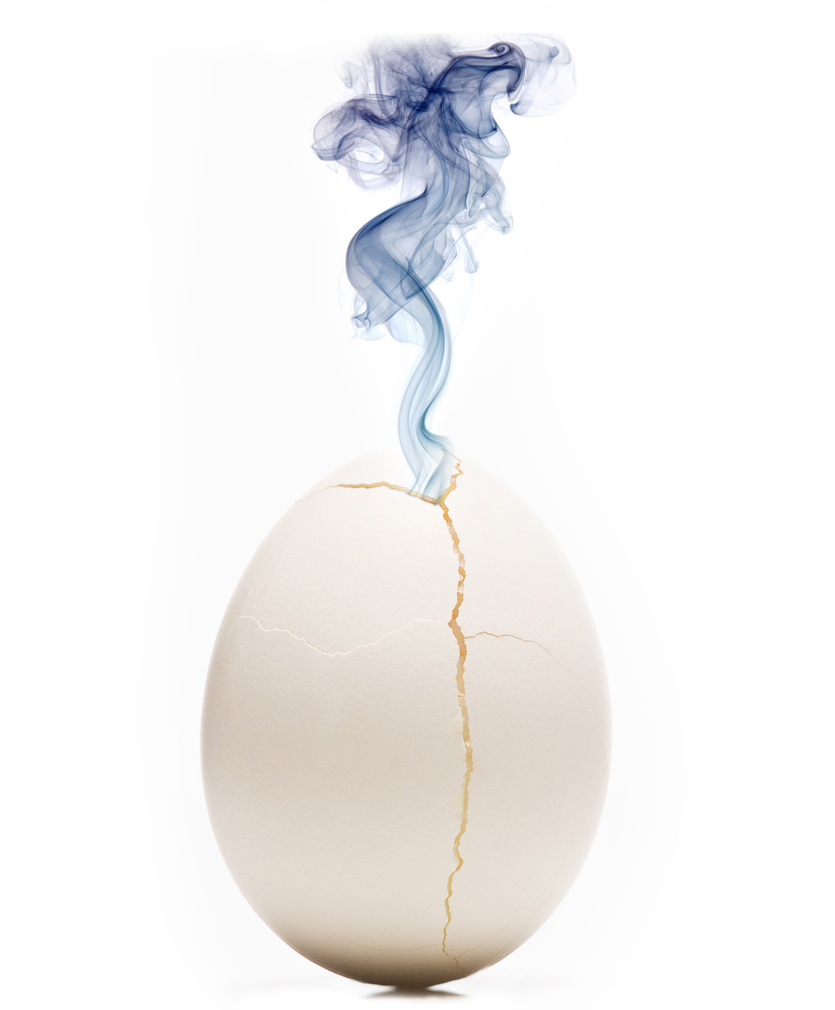Homeowners who use natural gas to fuel their furnace, water heater, stove, grill, , clothes dryer, or other appliances enjoy many advantages. Natural gas is affordable, burns cleaner than other fossil fuels, and offers an unrivaled experience for cooking appliances by heating up more quickly and transferring heat more evenly.

Because of these advantages, you can find a lot of homes with gas-powered appliances. Despite all the benefits, it does still come with risks, in particular the possibility of experiencing a leak.
Unlike water, gas leaks do not manifest in physical form that you can clearly see on the floor. This is why you need to look out for other signs such as odd smells within the area.
What Does A Gas Leak Smell Like?
Untreated, natural gas is odorless. For this reason, utility companies add a harmless chemical called mercaptan, which helps homeowners detect gas leaks by smell. Mercaptan smells similar to sulfur or rotten eggs, so it should stand out fairly quickly. However, in the case of very small leaks, you may not notice anything at all.
In order to keep safe, it is important to look out for other signs of a gas leak as well, such as:
- Hissing or whistling sounds coming from the gas line area
- An obvious damage to the gas line connection
- A white cloud, blowing dust, or bubbles in standing water.
- Dead or dying plants near the gas line.
How Can A Gas Leak After Your Health?
When gas is present in the air, the oxygen levels within the room can dramatically shift and reach a dangerously low degree. The longer you continue to breathe in less oxygen, the sooner you may start to develop physical symptoms. Pay attention to any of these signs:
- Headache
- Dizziness
- Nausea
- Irritation in your eyes, throat, or both
- Fatigue
- Difficulty breathing
- Skin suddenly turning pale or developing blisters. This symptom only manifests if the skin touches the compressed or liquid gas directly.
What To Do Should You Suspect A Gas Leak?
First thing’s first – do not touch any electrical appliance or try to turn on anything that could either create a spark or start a fire. Open up any nearby window and doors, and then quickly exit the space. Stay in a safe location while calling 911, your local fire department, or your local gas company.
Keep in mind that gas is flammable. The longer it has been leaking within your space, the higher the risk of a fire or combustion..
What To Do After A Gas Leak?
If you have confirmed that there was a leak in your home, there are additional safety precautions to take:
- Have your gas-powered appliances and operating controls thoroughly inspected.
- Have the indoor and outdoor pipelines inspected and any leaking pipes repaired or replaced.
- Completely air out your house.
Do not attempt to repair or replace gas piping yourself. Contact an expert with the knowledge and experience to ensure the repair is done safely and correctly. At The Gas Connection, we have been repairing gas leaks for thousands of customers in Colorado for over 40 years. Contact us today for a free estimate at 303-466-4206 or info@thegasconnection.com